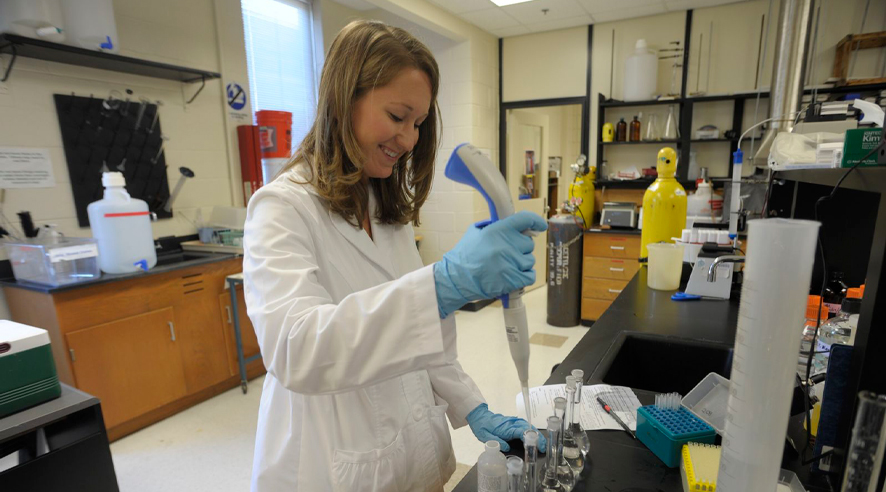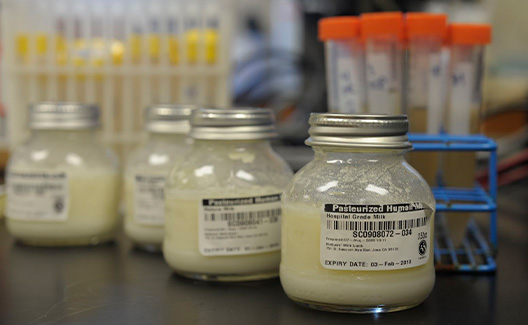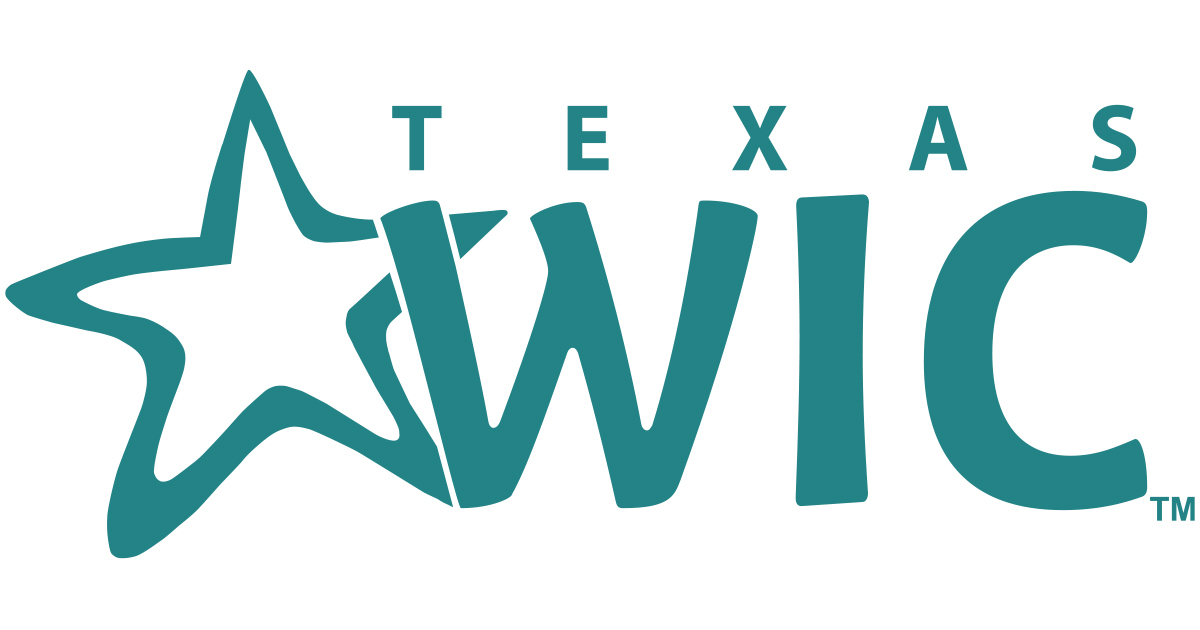When a mother’s milk is not available or adequate, donor human milk is the first best choice. Human milk banks provide a much-needed resource of donated milk from screened lactating mothers for families around the world. Human milk banks follow strict guidelines to ensure the safety of banked human milk. Potential donors complete a health form and blood tests, similar to the screening process used by blood banks. Donated milk is then pooled and pasteurized to kill any bacteria or viruses. Before the pasteurized milk is dispensed, bacteriological testing is conducted to ensure its safety.
Provider Resources
- Donor Human Milk for the High-Risk Infant: Preparation, Safety, and Usage Options in the United States
- Pasteurized Donor Human Milk Use in the Neonatal Intensive Care Unit
- Human Milk Bank of North America
- Mother's Milk Bank at Austin: (512) 494-0800
- Mother's Milk Bank of North Texas (817) 810-0071
Image source: United States Breastfeeding Committee



